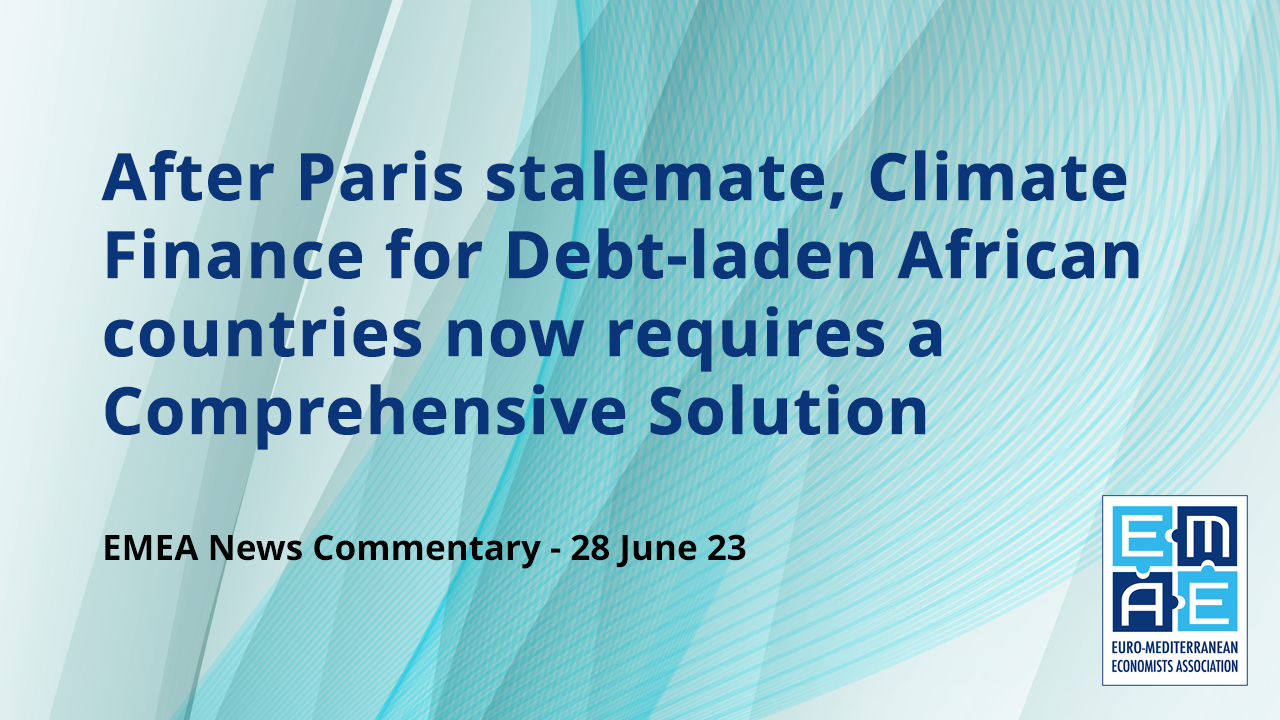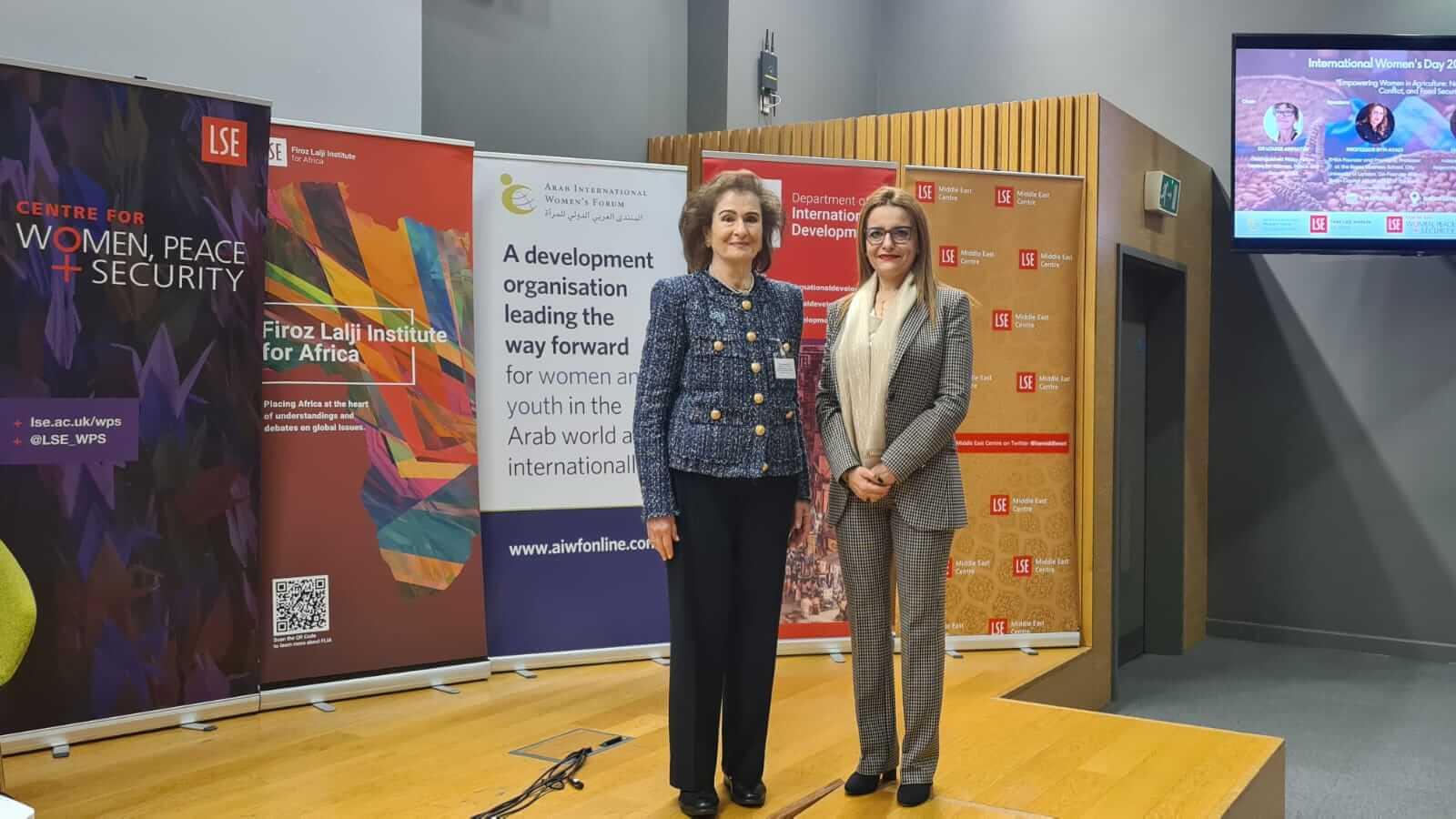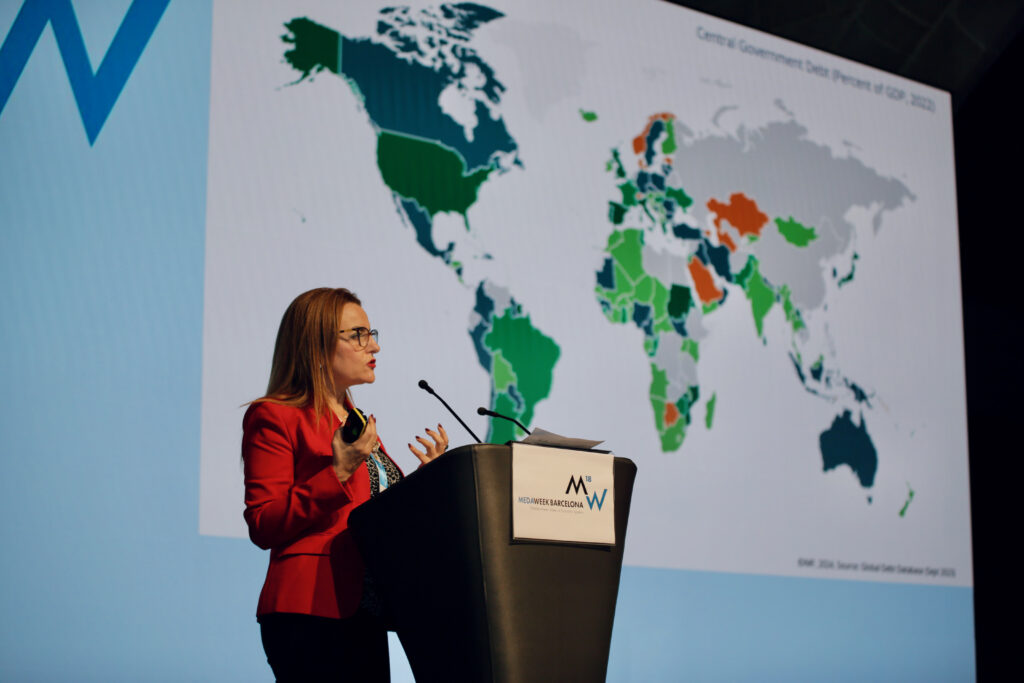It was billed as the Summit which would free up trillions of dollars in affordable financing for debt-laden countries fighting the fall-out from climate change.
But other than Zambia being granted more favourable debt repayment terms, June’s Paris Summit for a New Global Financial Pact unearthed no structural reforms, or additional access to finance for debt-distressed low-income countries.
Indeed, CNBC Africa has offered up a gloomy post-Summit verdict, citing the Covid pandemic, the Ukraine war and deteriorating financial conditions across the globe as reasons why growth has stalled – reversing any development progress the continent has benefitted from in recent years.
The worst hit countries are nearly all in Africa, with others only avoiding default on debt repayments by cutting back on vital infrastructure service funding, like schools and medical facilities.
In 2023, according to CNBC Africa, African countries will pay US$68.9 billion in debt service, which is over $11 billion dollars more than they will actually see in aid.
The Debt Service Suspension Initiative – made available to 48 countries – stopped in 2021, whilst the G20’s framework for coordinating and cooperating on debt restructuring has, by and large, failed.
Although the World Bank announced that debt service payments for countries hit by future major environmental crises would be suspended, that is of no comfort to nations who are up to their eyes in existing debt distress.
And even though creditors, including the IMF, have pledged good faith support, finding common ground in the geopolitically charged Paris environment wasn’t forthcoming.
Describing the current piecemeal situation as unworkable, CNBC Africa recommended that:
- Middle-income countries should be granted access to The Common Framework;
- The IMF should allow more flexibility with its ‘lending into arrears’ policy;
- Fiscal space be freed up for distressed countries, by providing automatic suspension during debt negotiations.
An overarching solution would “avoid a ‘lost decade’ in development” and “could unlock potential for African countries to invest in their futures, build resilience to climate change and harness the potential of their most precious resource: their people,” the publication reported.
Calls for fast mobilisation of climate finance
Meanwhile, in their Climate Finance Shadow Report 2023, Assessing the delivery of the $100 billion commitment, Oxfam have called on high-income countries to mobilise and make provision for climate finance fairly and much more quickly – compensating for any shortfalls of the past.
This latest report highlighted that wealthier countries have both reneged on their funding commitments and overstated the support they have actually provided, thanks to generous accounting practices.
And since the majority of allocated finance has been made via loans, this has simply made countries most in need of assistance even more debt-ridden.
Oxfam urged rich nations to be more transparent about the finance provided – and with greater accountability. The charity said this would sow the seeds for much needed local ownership and a more efficient response to local community requirements.
“People on the frontlines of the climate crisis must have the funding they were promised for adaptation and mitigation, and to address the loss and damage they are already experiencing as a result of climate impacts,” the report advised.
Meanwhile, the focus is now on the G20 meeting of Finance Ministers in July. It remains to be seen whether they will announce measures incentivising new or existing creditors to come to the aid of poorer countries.
What has the Paris Summit changed for African countries facing debt distress? – CNBC Africa





